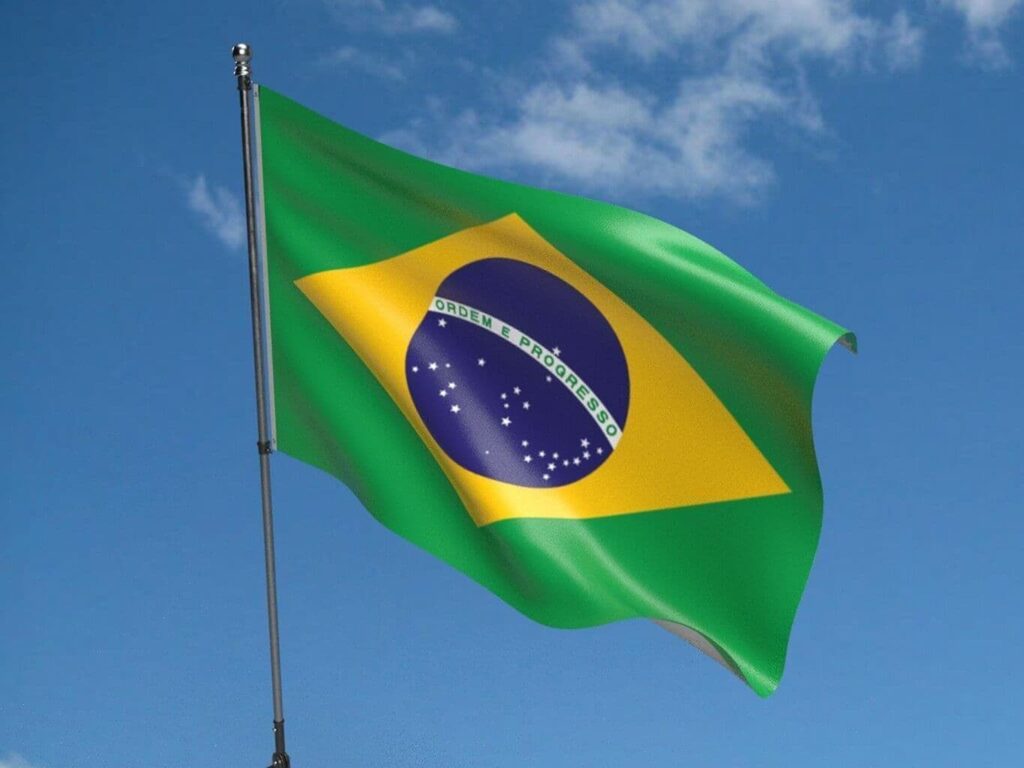The International Betting and Integrity Association (IBIA) has expressed its approval and support for Brazil’s newly approved sports betting and igaming regulations.
These regulations, designed to safeguard operators, customers, and the integrity of sports from potential fraud and manipulation, include a requirement for operators to be members of an international monitoring body.
The legislative journey in Brazil reached a significant milestone when the Chamber of Deputies passed laws governing sports betting and internet casinos, despite the odds of a successful vote before February appearing remote.
During the penultimate parliamentary session before the winter break, the Chamber of Deputies made the decision to overturn the Brazilian Senate’s order to exclude gaming legislation from Bill 3626/23.
Khalid Ali, the CEO of IBIA, expressed his enthusiasm for this development, highlighting its historical significance for sports betting in Brazil and its pivotal role in combating match-fixing.
He praised the inclusion of specific betting integrity provisions in the law, a cause that IBIA has championed since discussions on regulating sports betting began in 2018.
IBIA has already welcomed several Brazilian market-focused operators as members and is eager to collaborate with other operators who are committed to offering secure sports betting products to Brazilian consumers through IBIA’s world-leading integrity network.
Ali emphasized that Brazil’s decision to open up the market to licensed sports betting operators sends a vital message to other Latin American markets.
It signifies that the establishment of a dynamic and competitive regulated sports betting framework, coupled with robust integrity provisions, is essential in the ongoing fight against match-fixing related to sports betting.
In conclusion, the IBIA applauds Brazil’s progressive stance on sports betting and igaming regulations and sees this as a significant step towards ensuring the integrity of sports and protecting both operators and customers.
This move also sets an important precedent for other Latin American markets to follow suit in strengthening their regulatory frameworks for sports betting.
